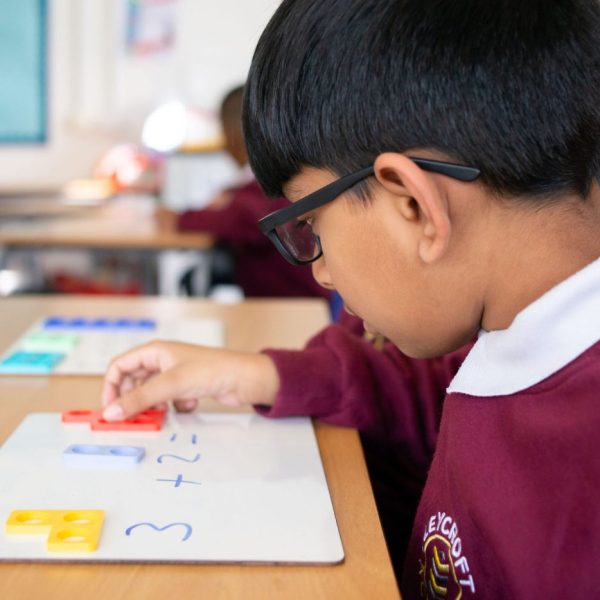The curriculum aims to:
- provide equal opportunities, delivered through a curriculum which is broad, balanced, relevant and reflects cultural diversity
- provide a stimulating learning environment that promotes effective learning and enables the learner to experience a sense of enjoyment and achievement
- have plans that are sequential and create opportunities for repetition to embed knowledge and skills
- facilitate greater fluency, independence, maintenance and transference of skills to varied contexts
- provide progression and continuity of learning that is suited to individual needs and outcomes as set out in learners EHCP’s
- maximise the learners’ potential in mobility, physical abilities, communication skills, sensory capabilities, resilience and personal independence
- incorporate ‘life skills’ into our offer to enable our learners to transfer and apply their learning to ‘real-life’ contexts
- encourage each learner to recognise, record and celebrate positive achievements in all areas of personal, educational and community life
- regularly and consistently record each learners progress using appropriate methods of formative and summative assessment
- promote the spiritual, moral, cultural, mental and physical development of learners’ at the academy, and within society
- ensure equality of opportunity regardless of gender, race, culture, religion, social disadvantage or disability
- maintain a flexible, creative and reflective approach to curriculum design to ensure that our curriculum is appropriate, motivating and offers the right level of challenge and support

